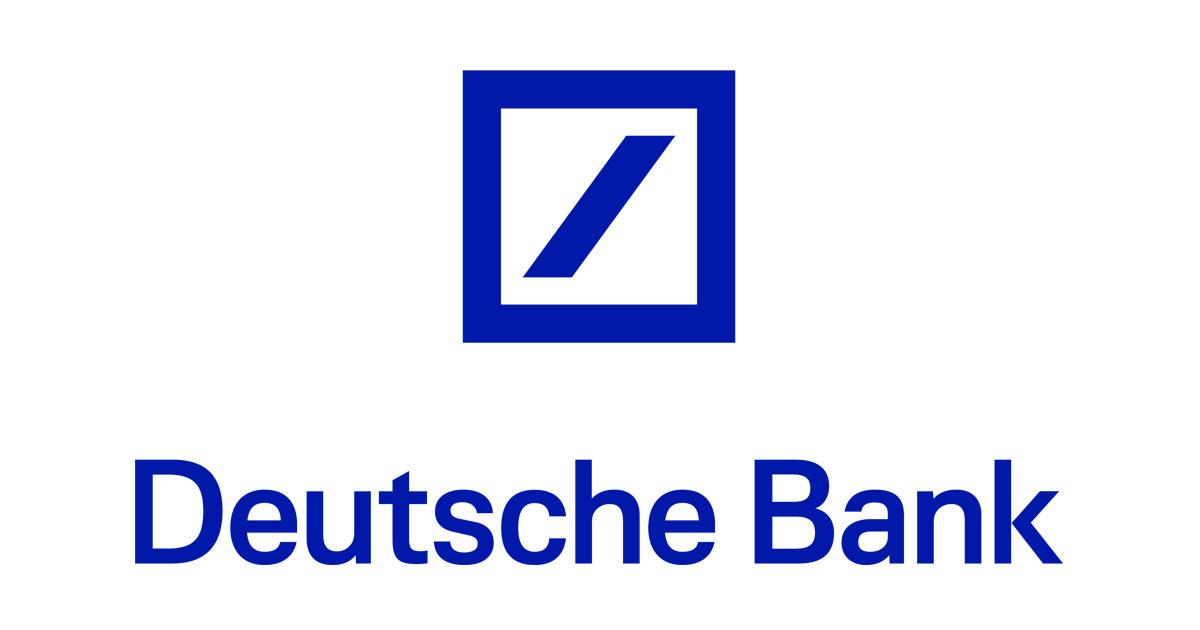Deutsche Bank Enabled Massive US Ponzi Scheme

Deutsche Bank AG is accused of turning a blind eye to a years-long Ponzi scheme that involved fraudulent investments in Florida, expanding the growing list of legal and compliance headaches for Chief Executive Officer Christian Sewing.
Liquidators of two now-bankrupt Cayman Islands investment funds sued the bank in New York and Florida, claiming it “enabled theft on a massive scale” that led to hundreds of millions of dollars in losses, court records show. Deutsche Bank maintained accounts for entities involved in the scheme despite repeated red flags and SEC sanctions against them, and it failed to enforce its own rules to prevent money laundering, the suits allege.
“As we have maintained, these claims lack merit and we will continue to vigorously defend ourselves,” a Deutsche Bank spokeswoman said by email.
Deutsche Bank has been wrestling for years with claims of lax internal controls, and it’s paid out billions of dollars in fines to resolve criminal and civil cases. Recently, it was accused of mis-selling foreign-exchange derivatives in Spain, the U.S. Federal Reserve has slammed the lender for ongoing compliance failures, and the German watchdog Bafin expanded the mandate of the anti-money-laundering monitor it installed at the bank.
Sewing, who was promoted to CEO in 2018, has been trying to get a grip on the bank’s compliance issues and is in the final stretch of a four-year turnaround plan. He has said that he still has work to do on fixing the lender’s controls.
The CEO recently ceded responsibility over the investment bank and the corporate bank to another management board member, Fabrizio Campelli, and he shifted oversight over compliance and anti-financial crime away from Chief Risk Officer Stuart Lewis to legal head Stefan Simon. The departures of two senior executives — global FX head Jonathan Tinker and the head of the wind-down unit, Louise Kitchen — are linked to the internal probe into the alleged derivatives mis-selling, Bloomberg News has reported.
The two complaints involving the bankrupt Cayman Islands funds shine a light on Deutsche Bank’s long record of insufficient money-laundering controls. The first case was filed last year by liquidators of Madison Asset LLC, and the other was filed earlier this month by liquidators of entities known as the Biscayne group of companies, which invested in Florida real estate.
Prosecutors said they used shell companies and Deutsche Bank accounts to hide debt and raise additional cash from investors for entities they knew were effectively insolvent. The new money went to pay off older debt and investors, to capitalize a money-losing real estate company and to benefit the schemers themselves, the government said.
Article credit: https://kyc360.riskscreen.com/news/deutsche-bank-enabled-massive-u-s-ponzi-scheme-lawsuit-says/
